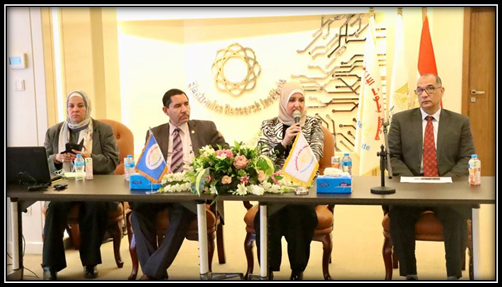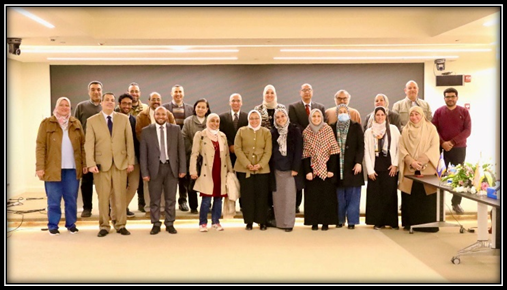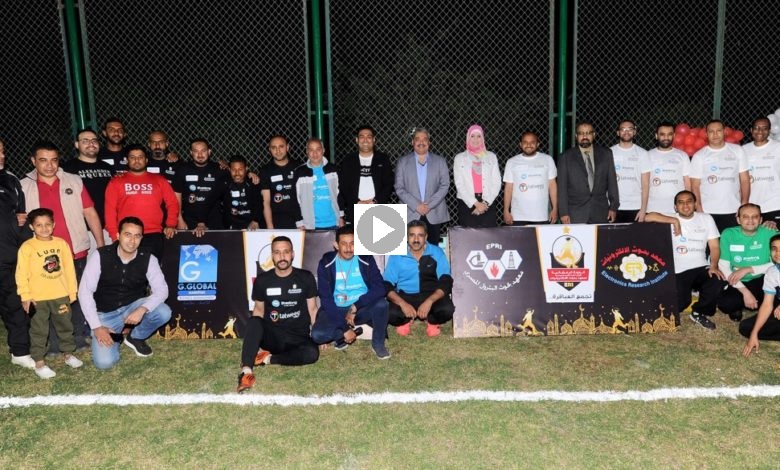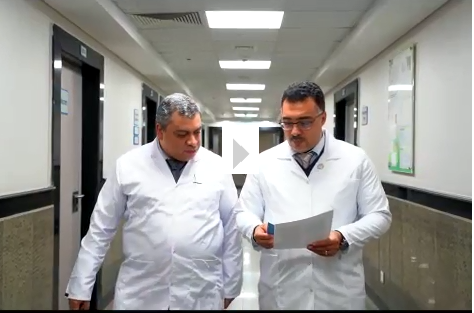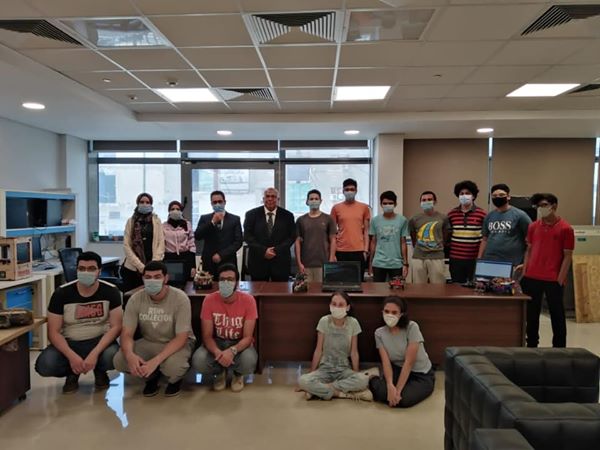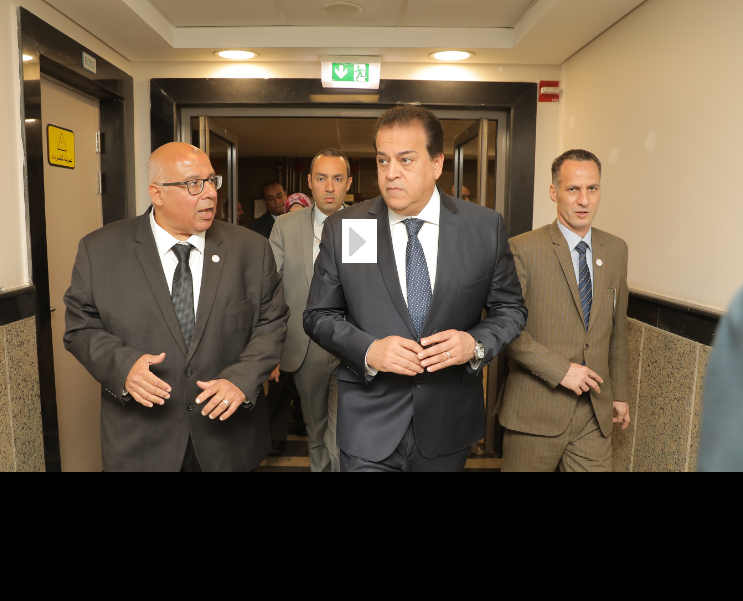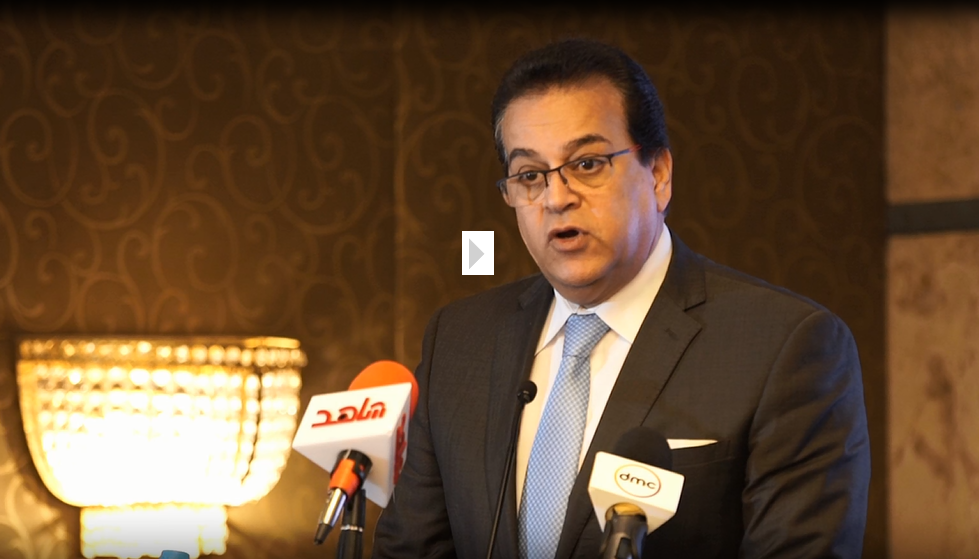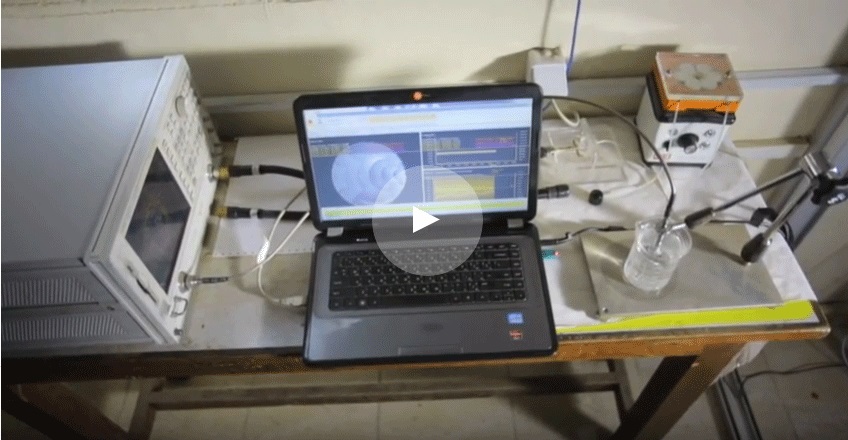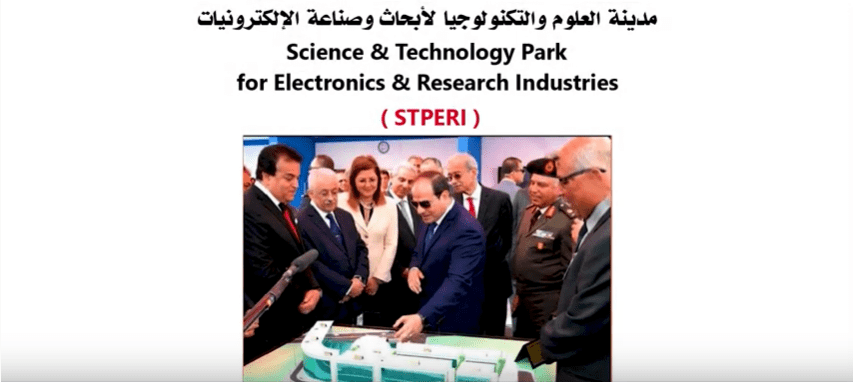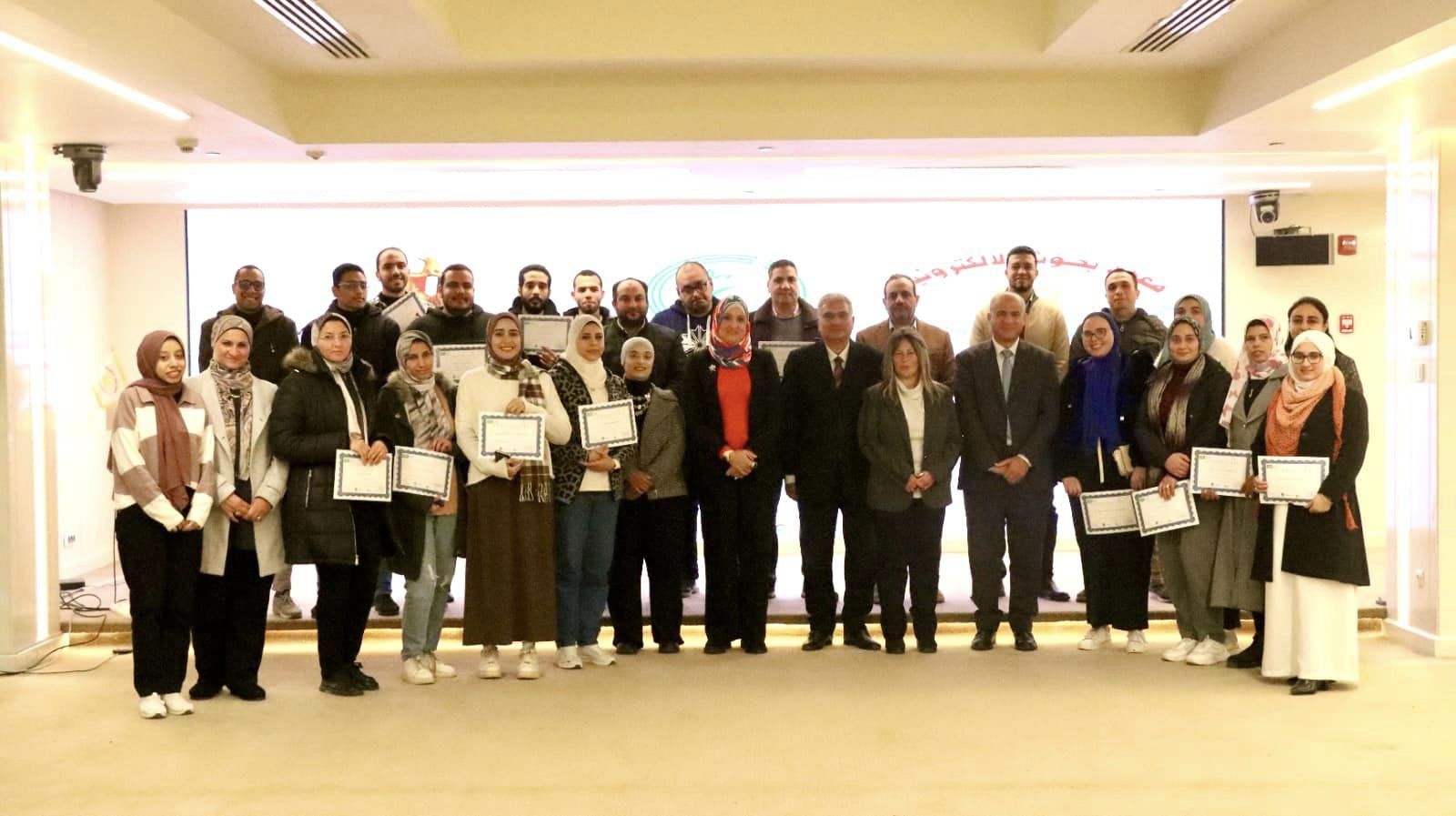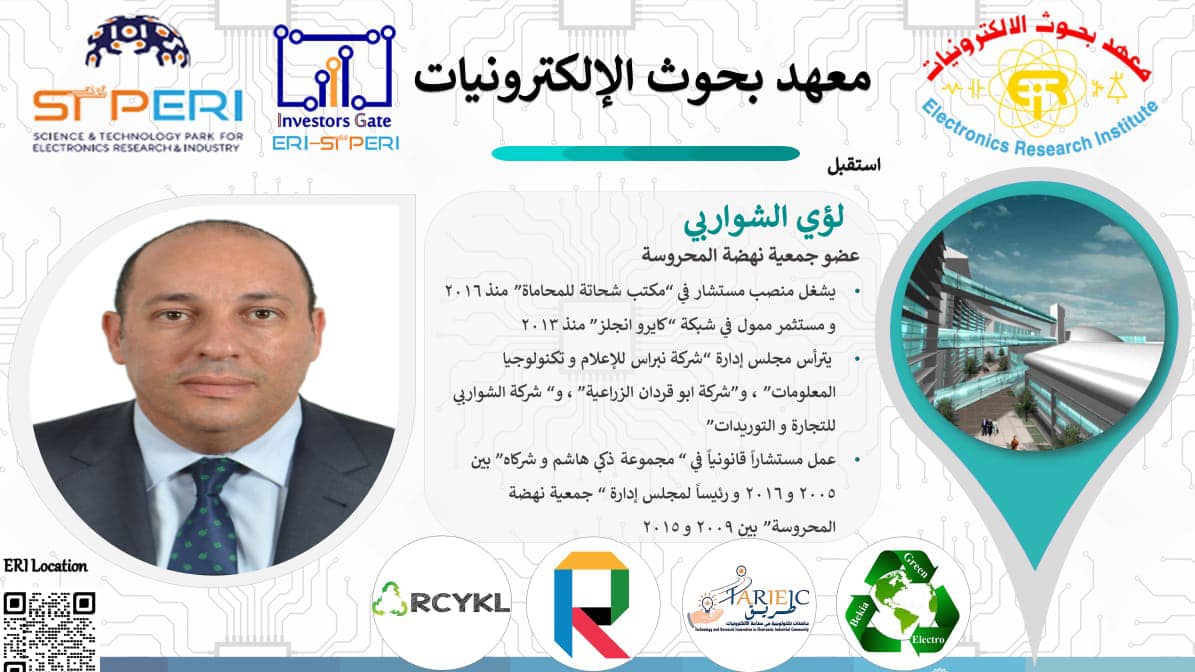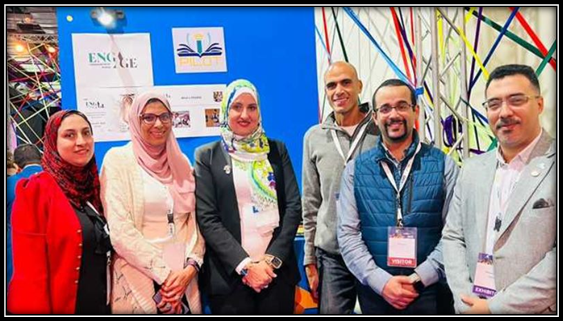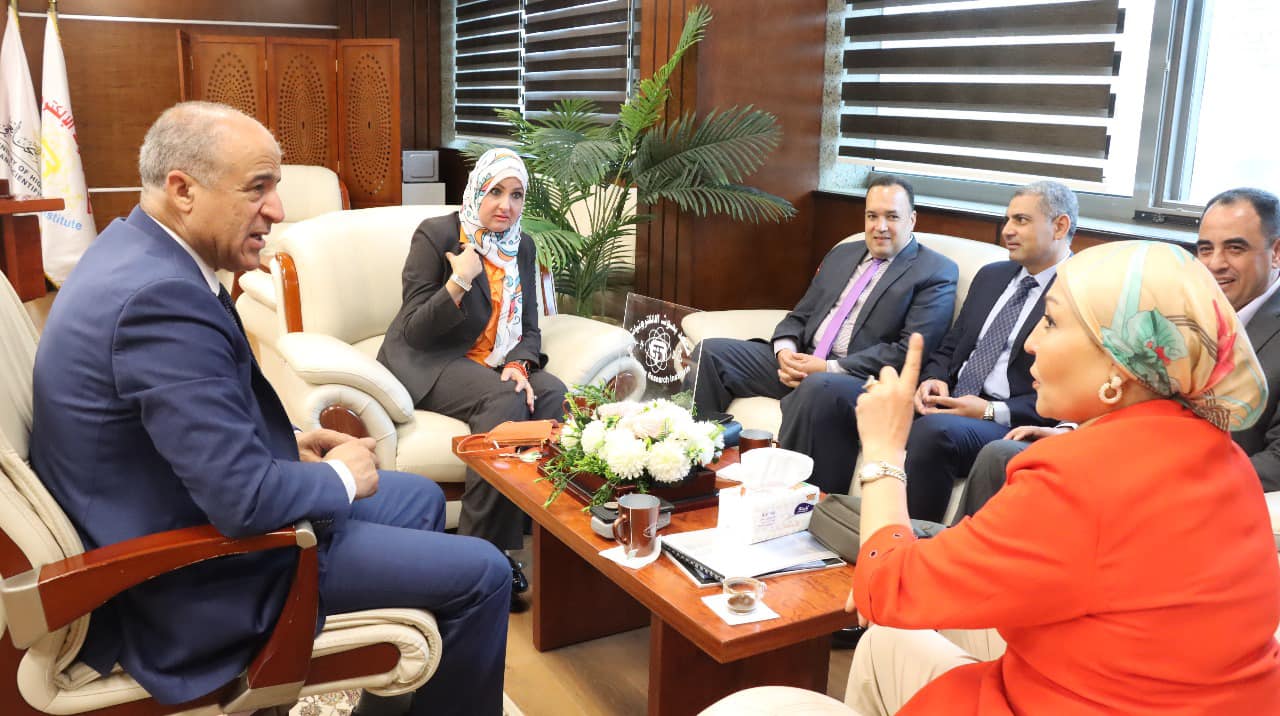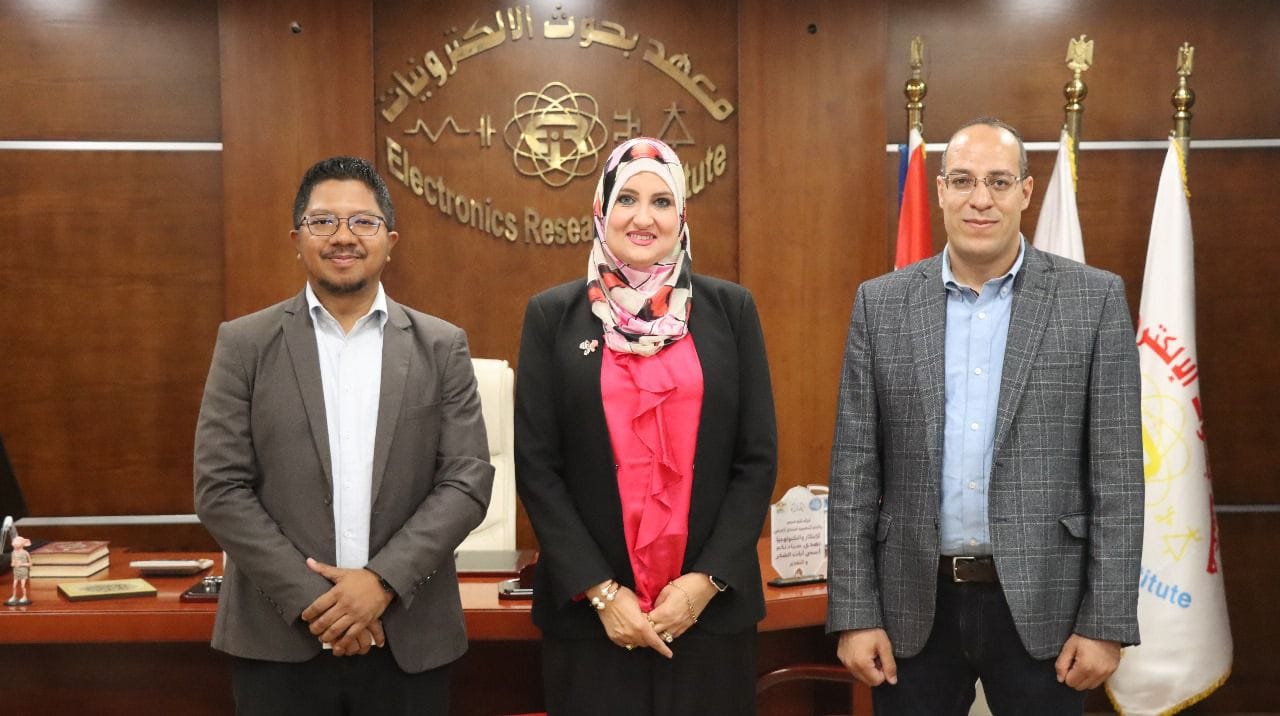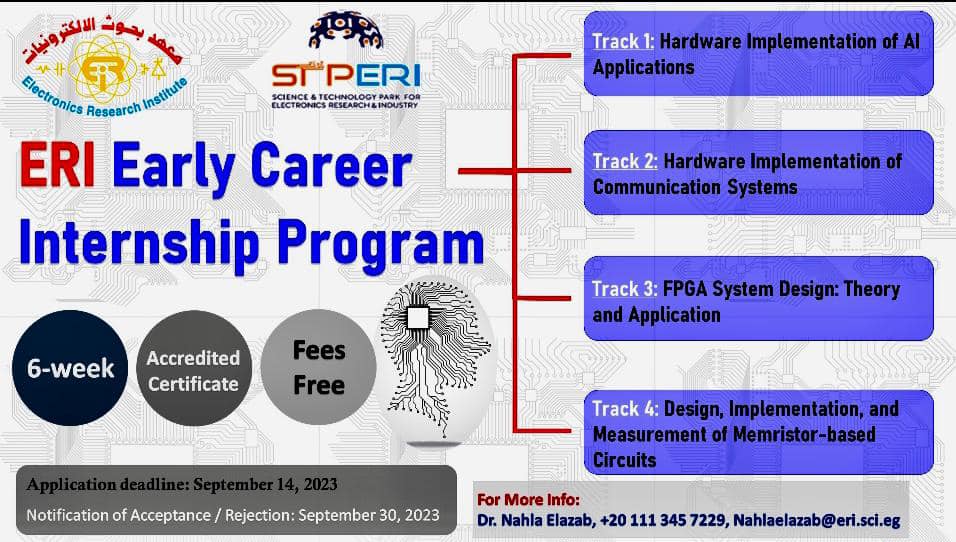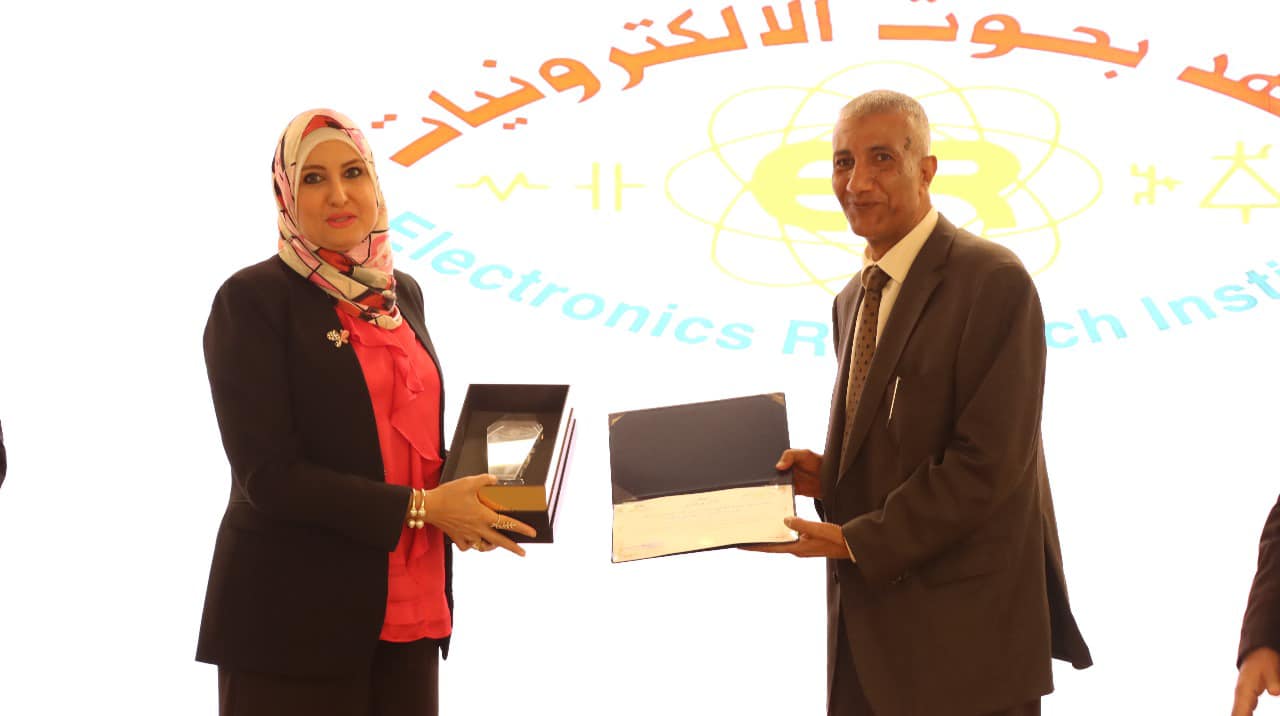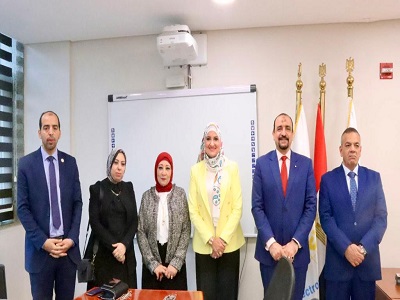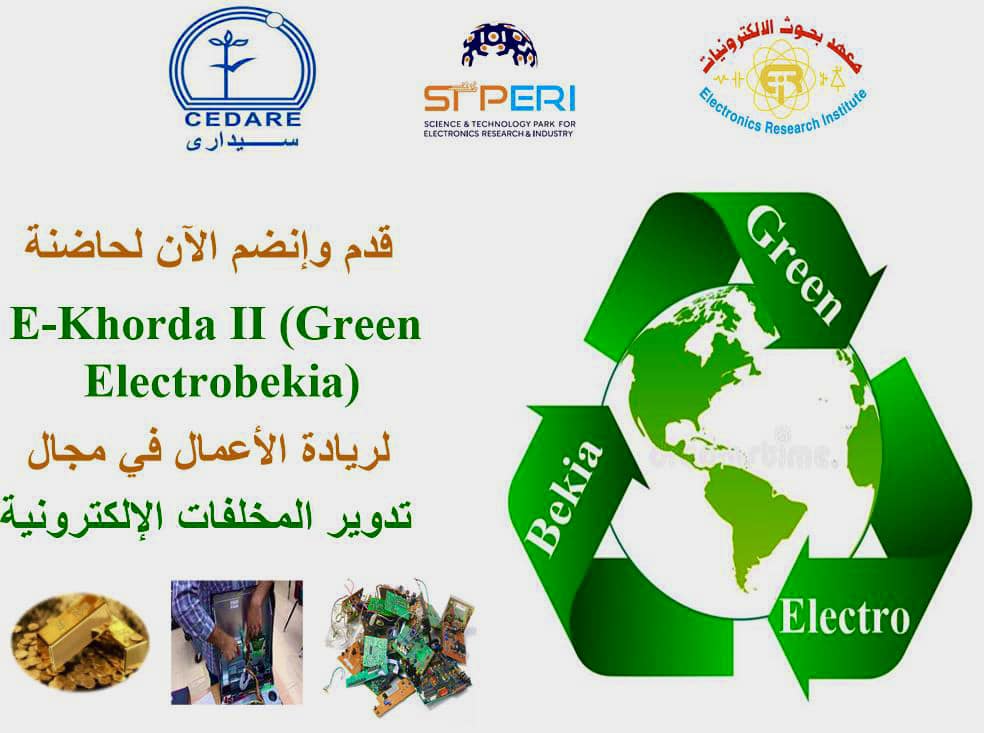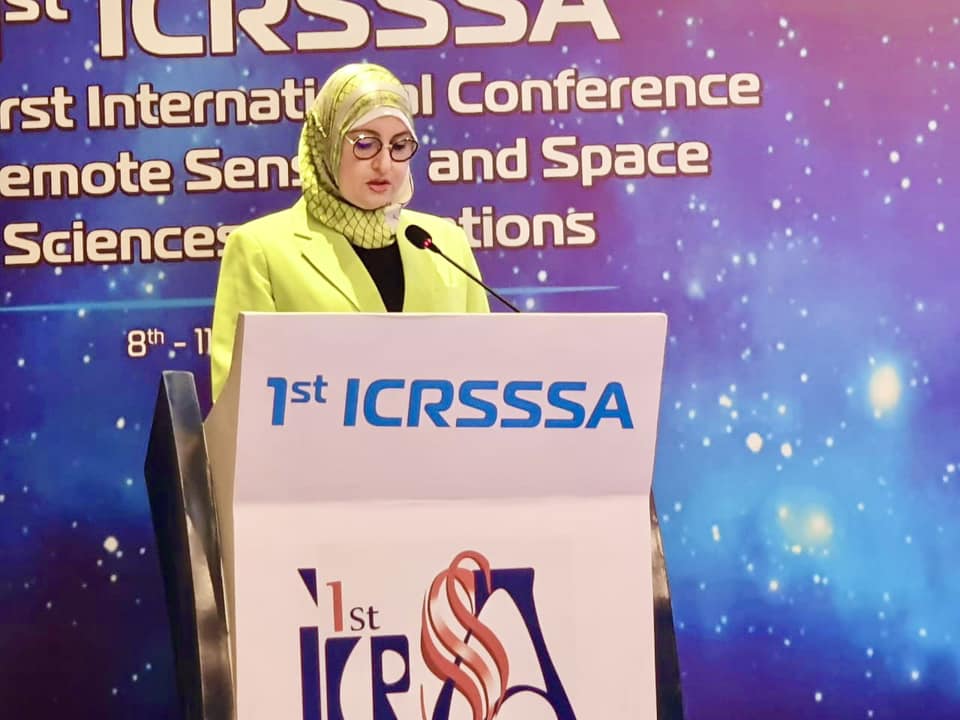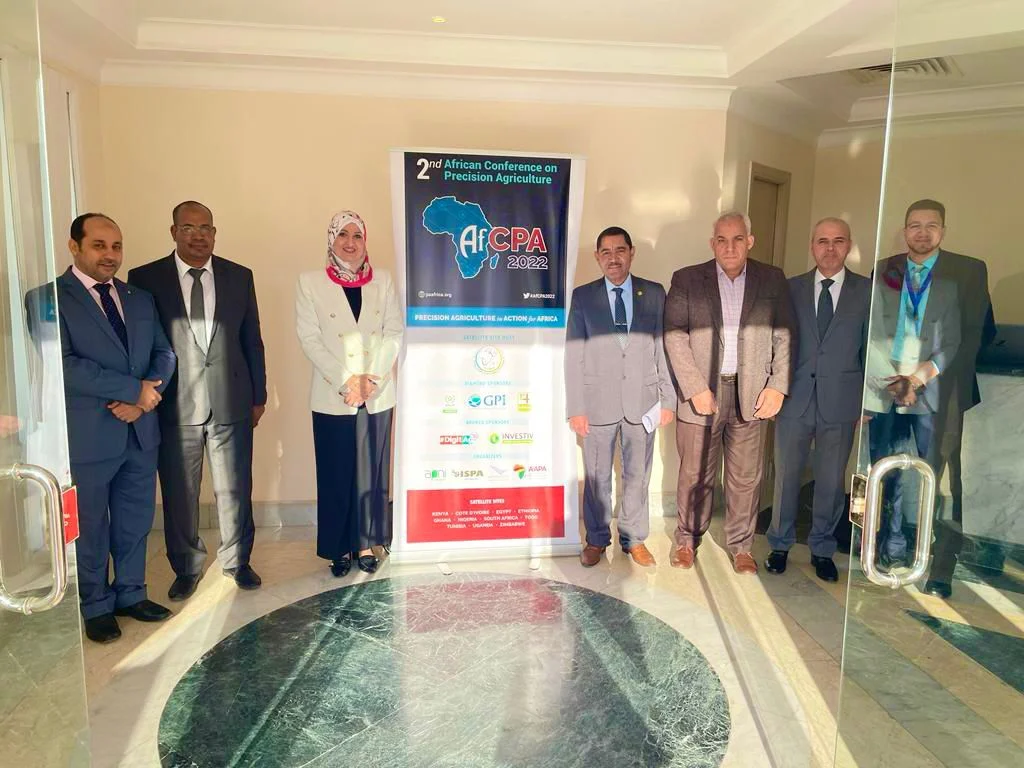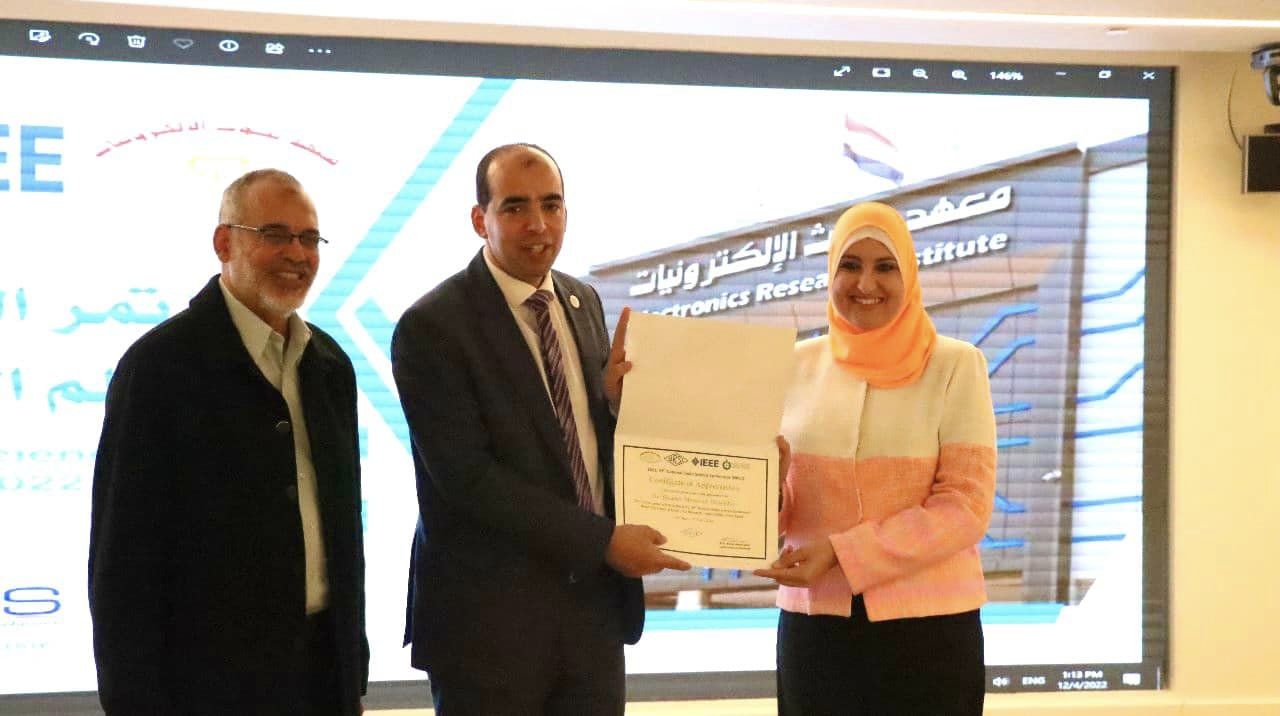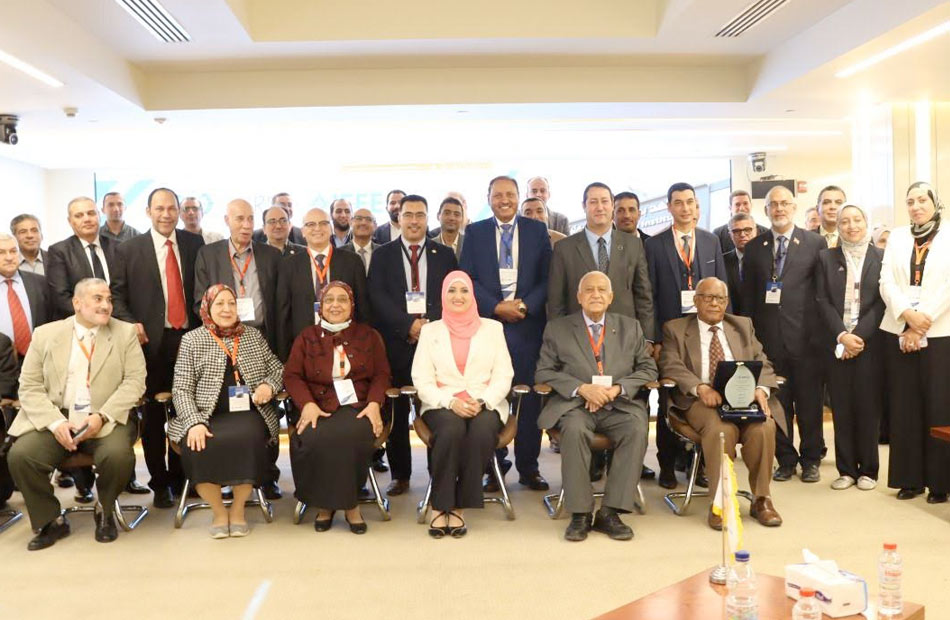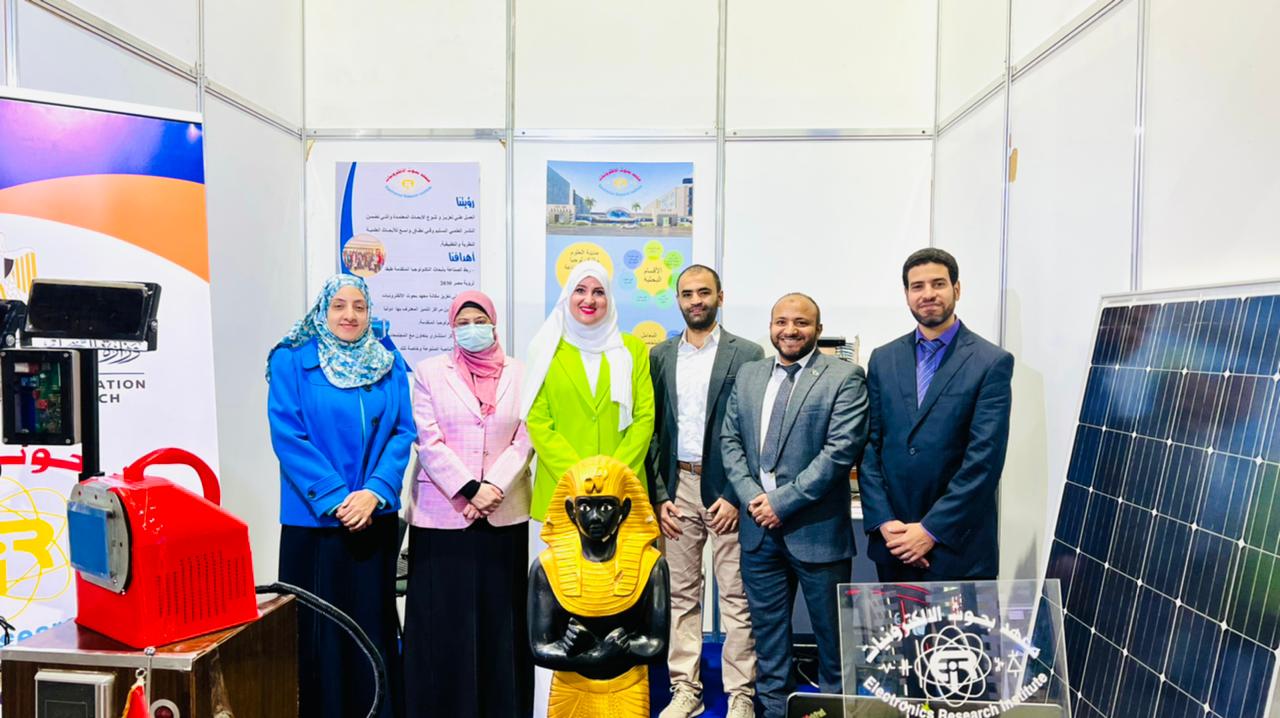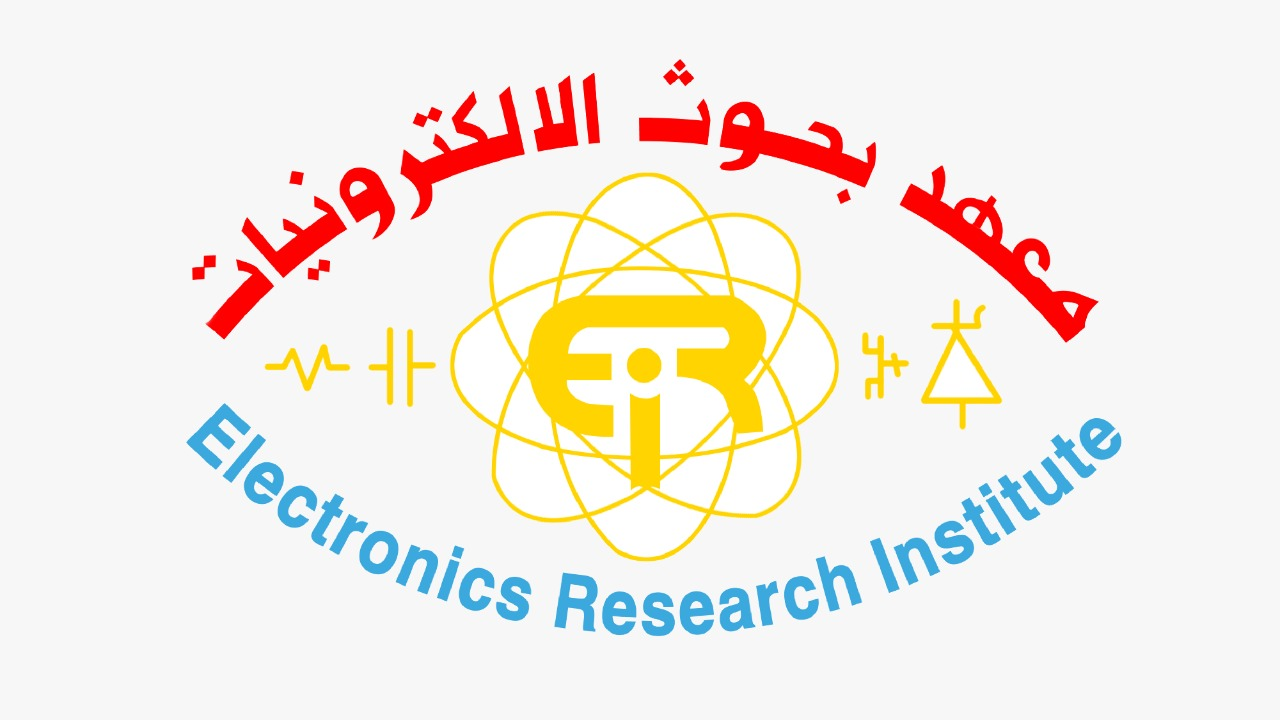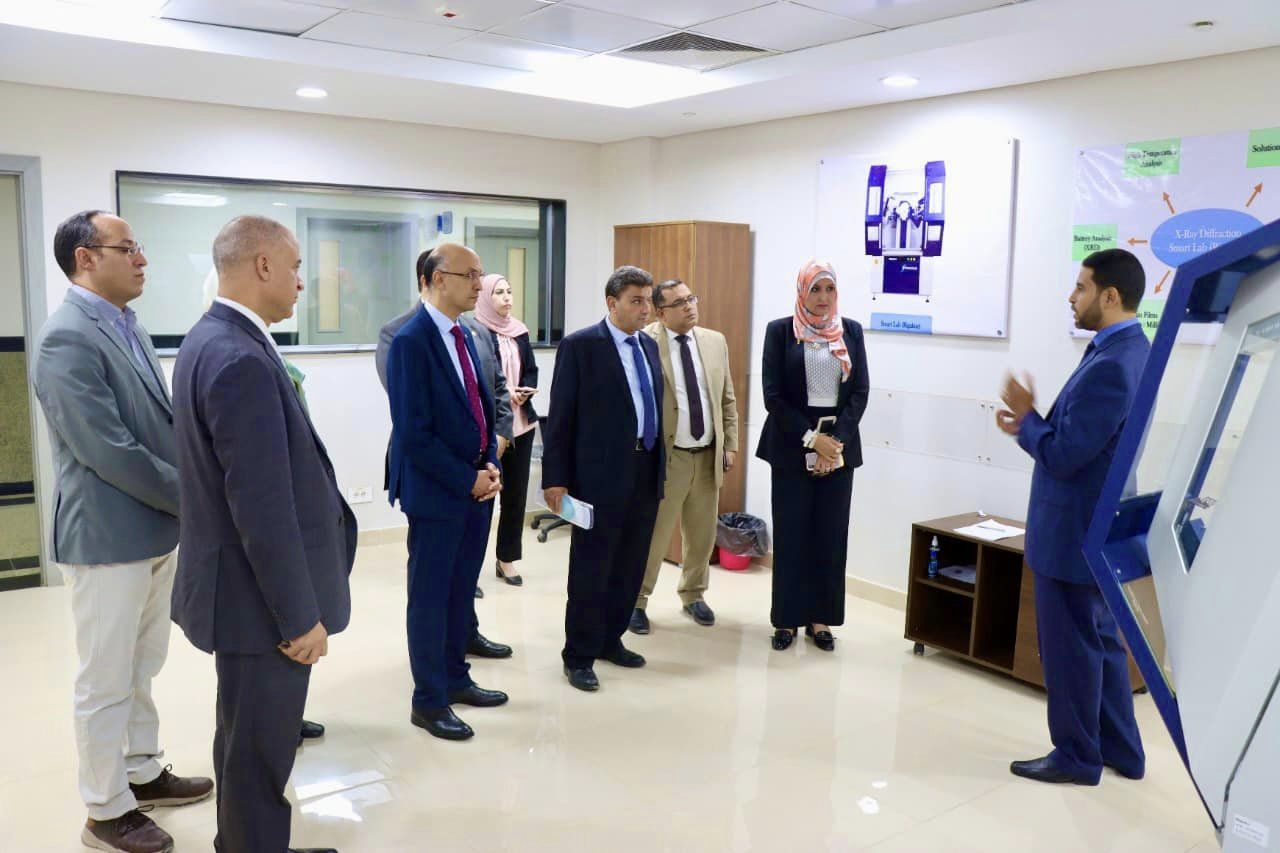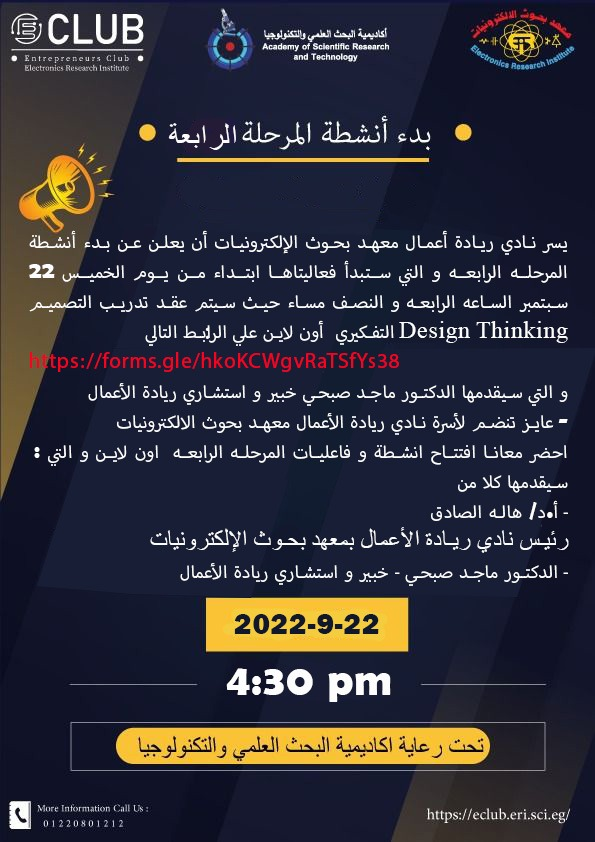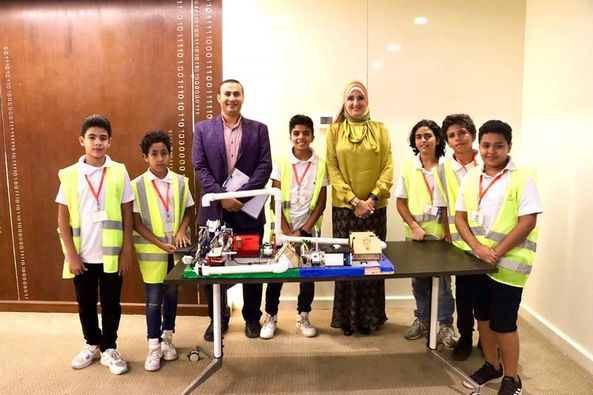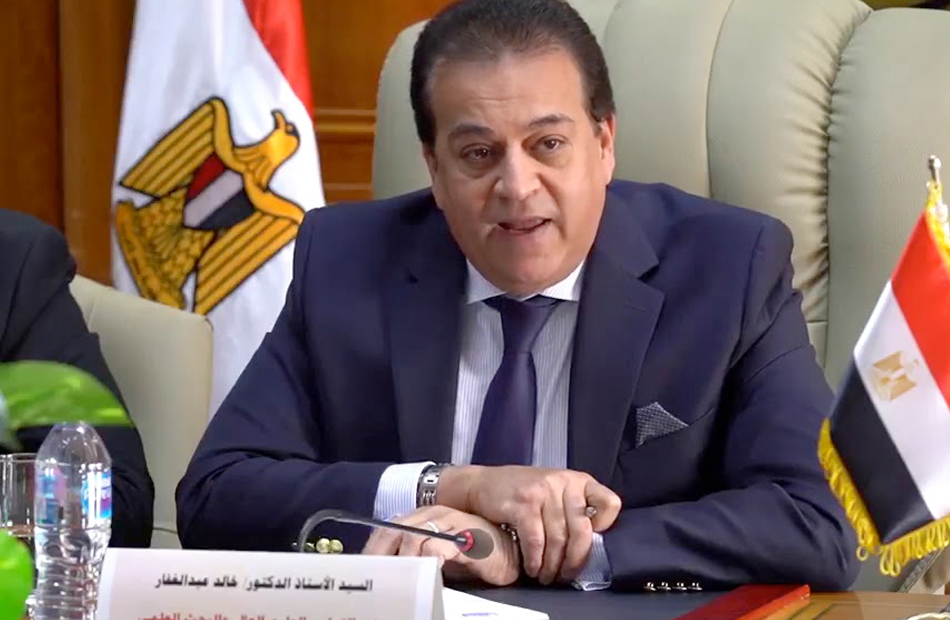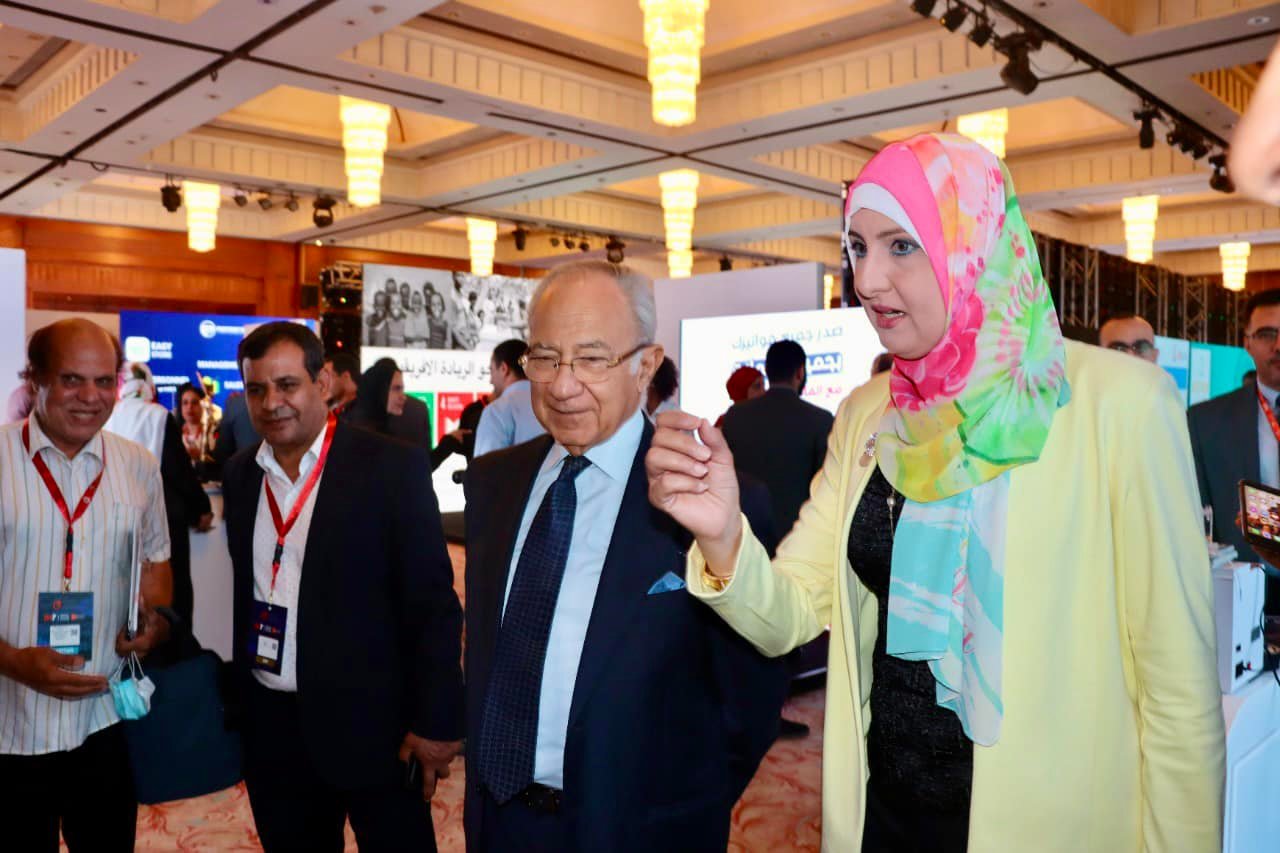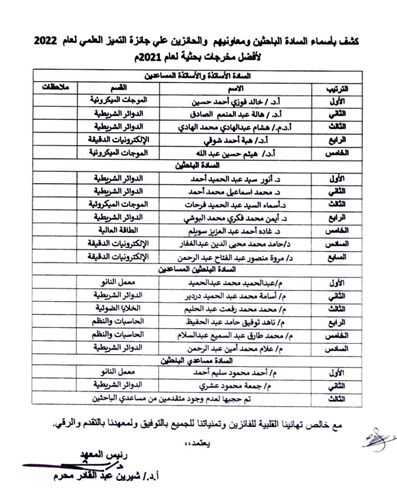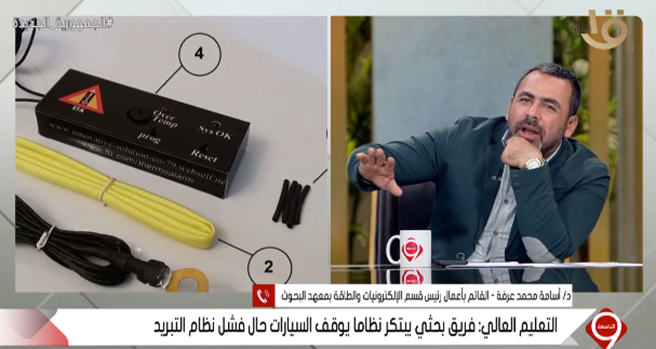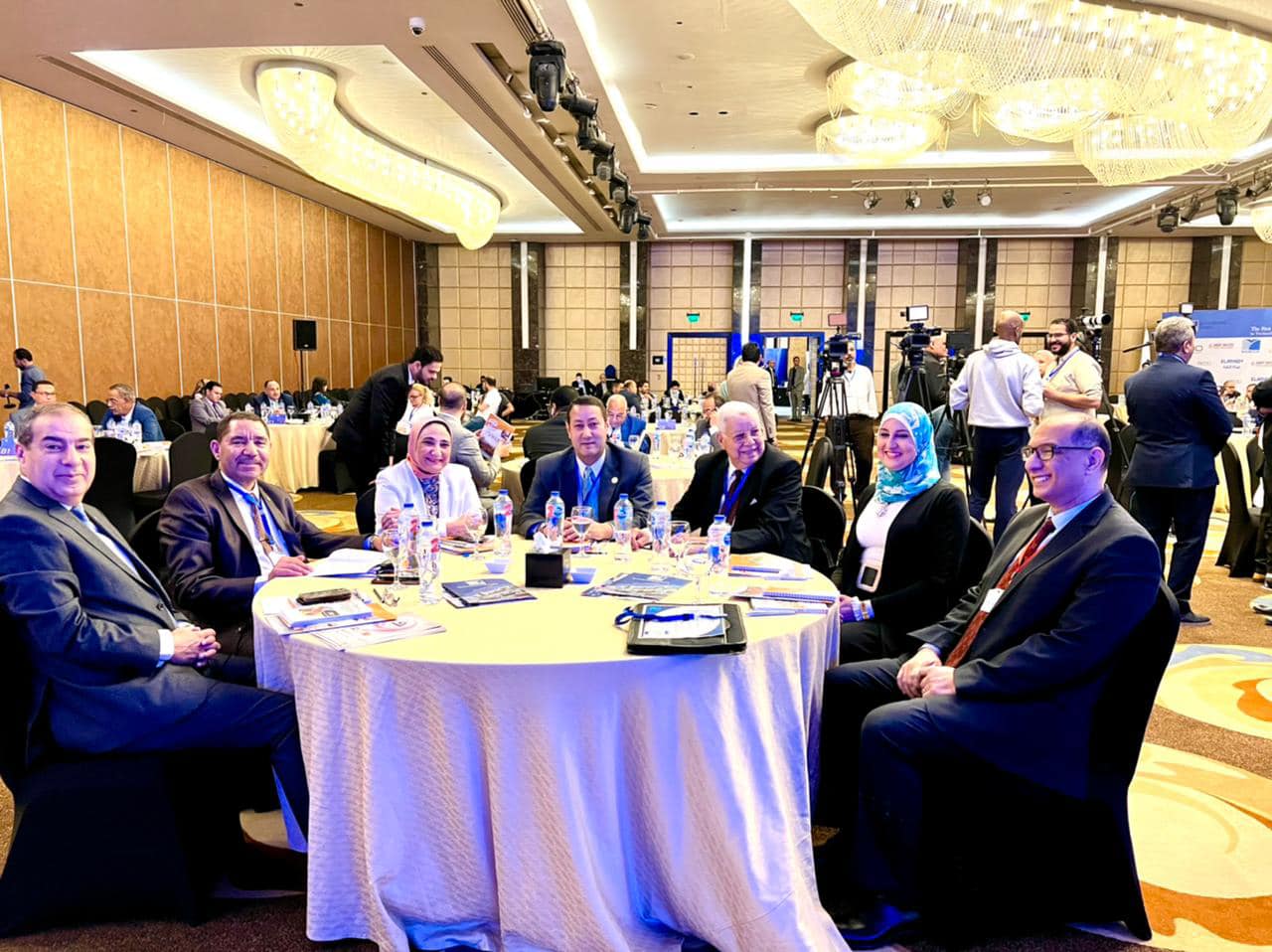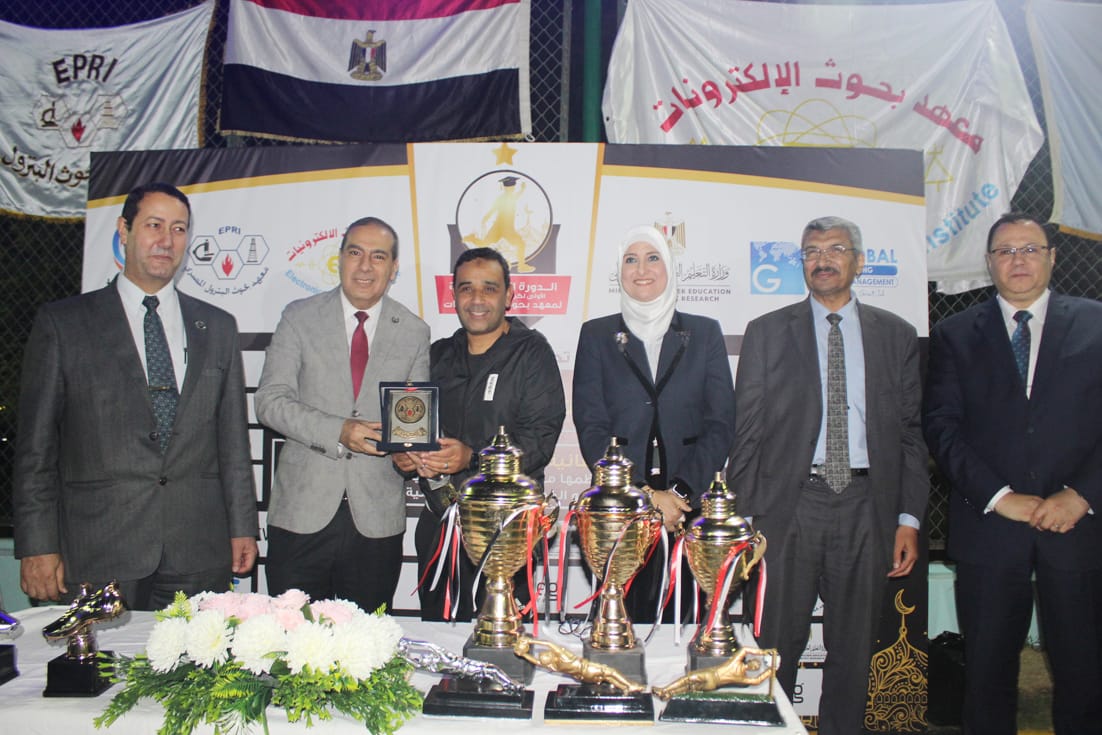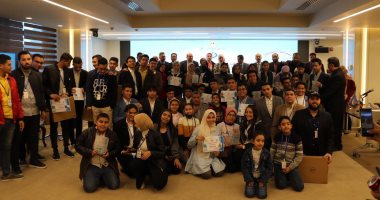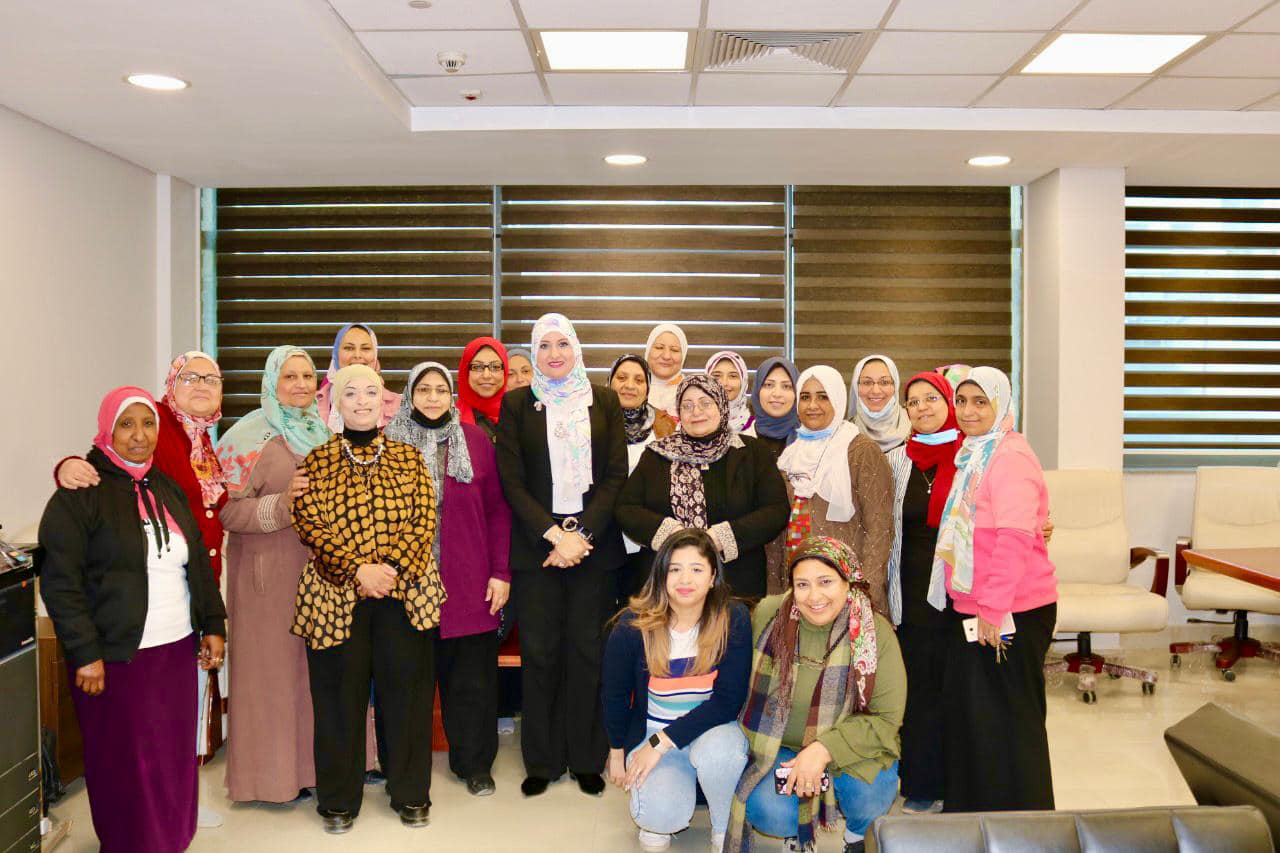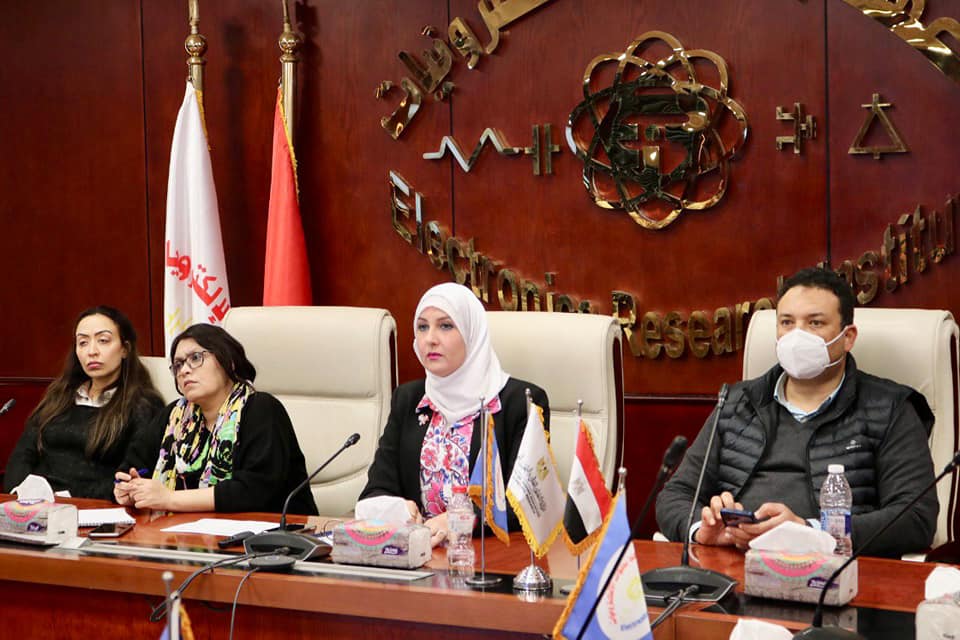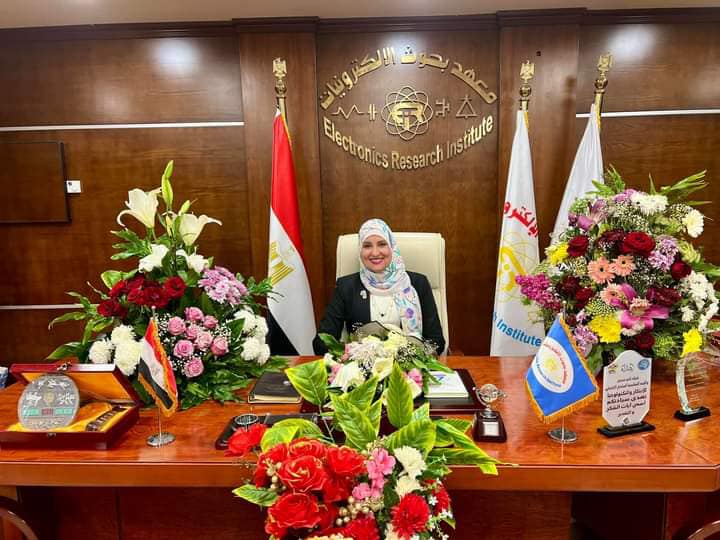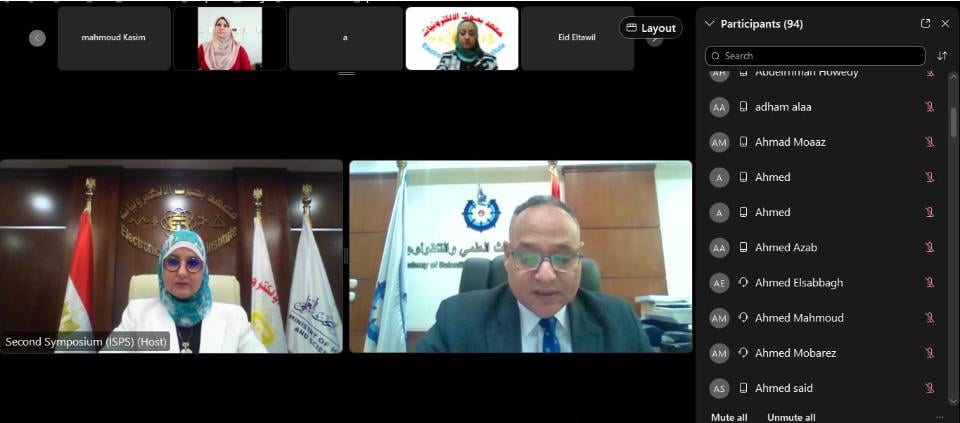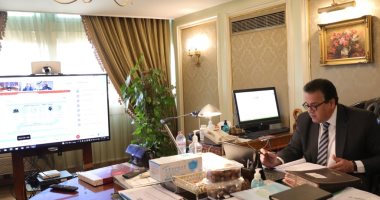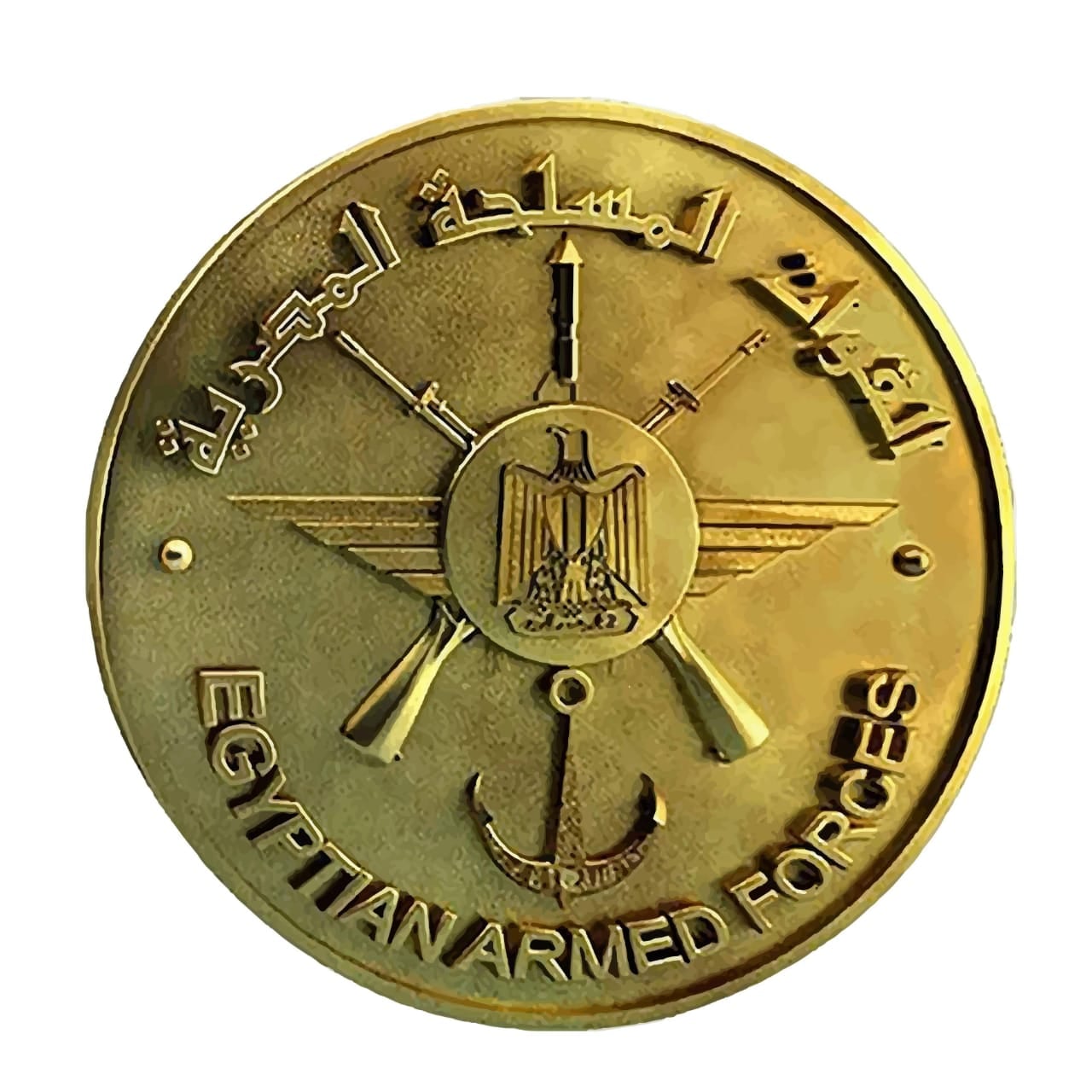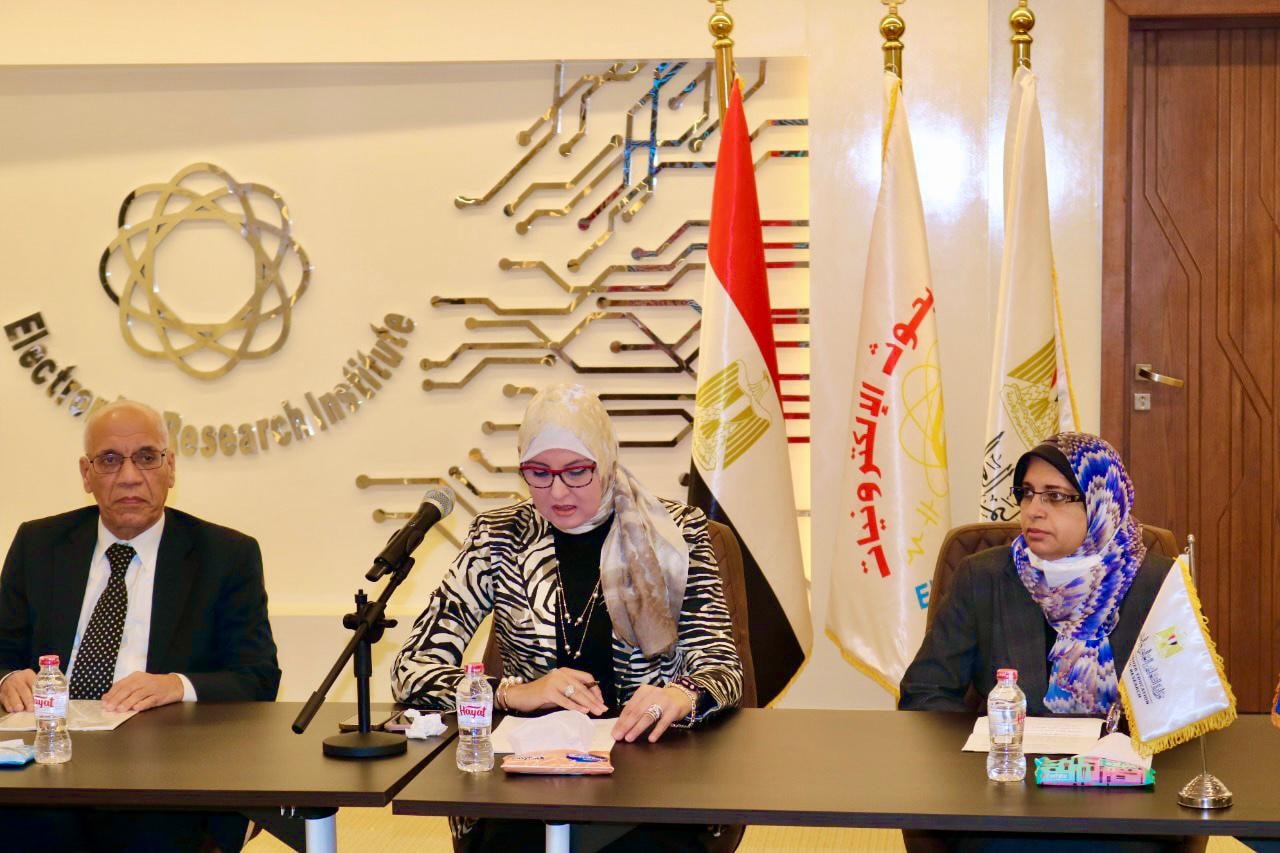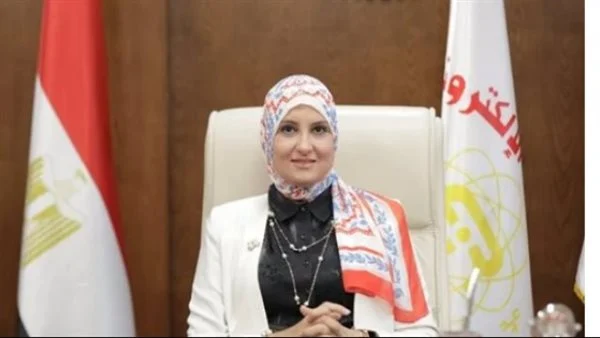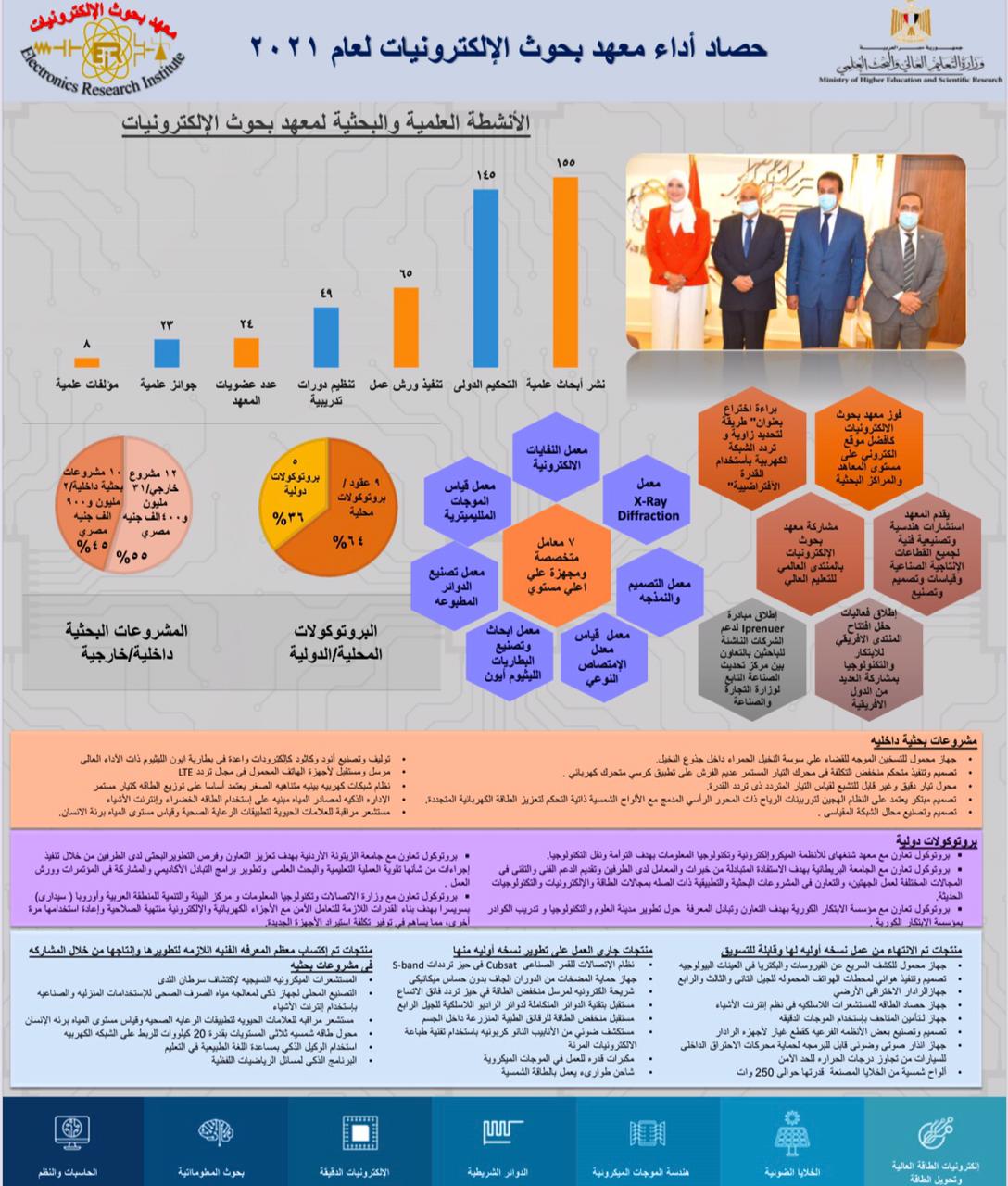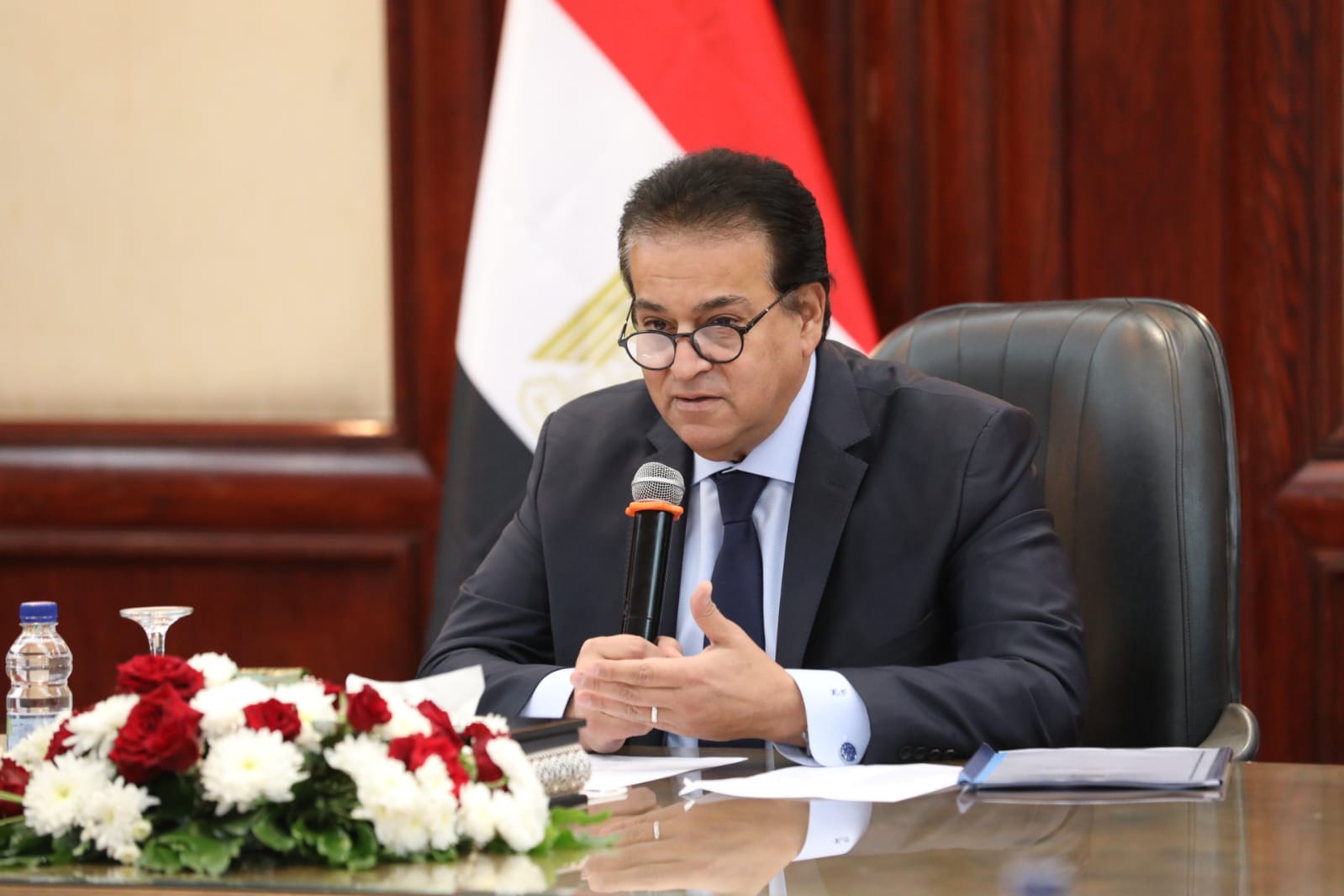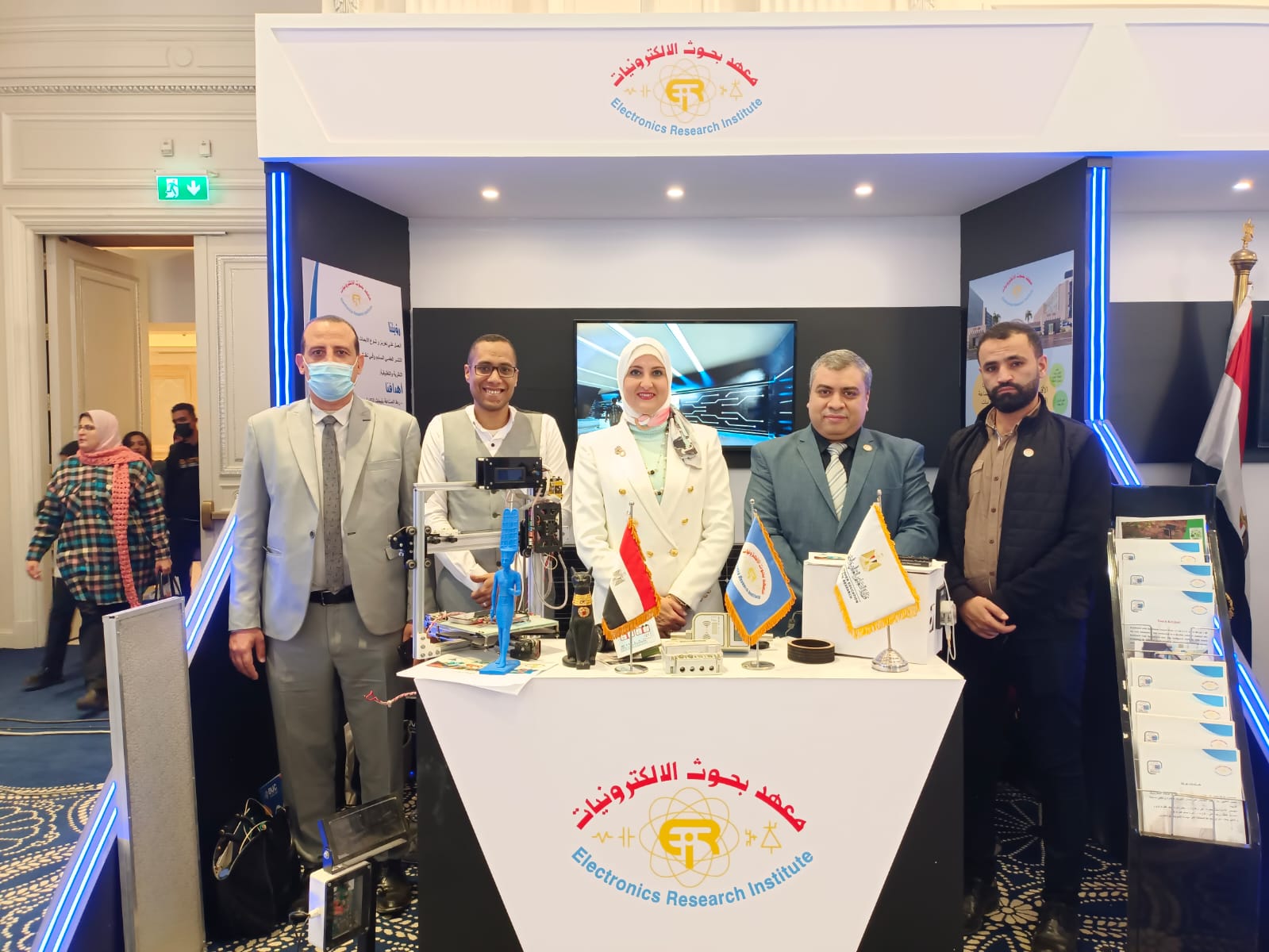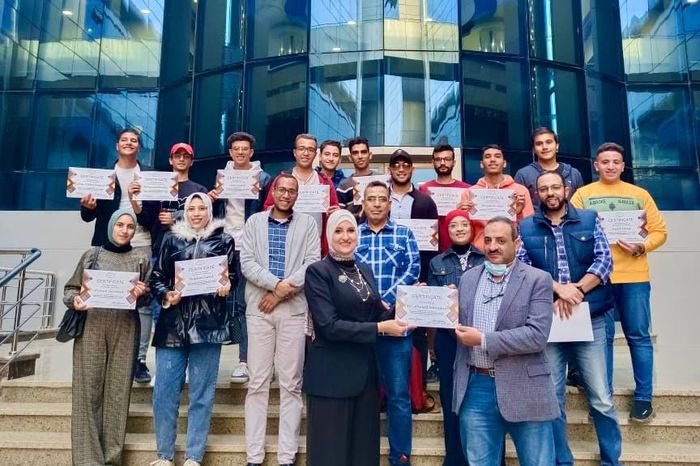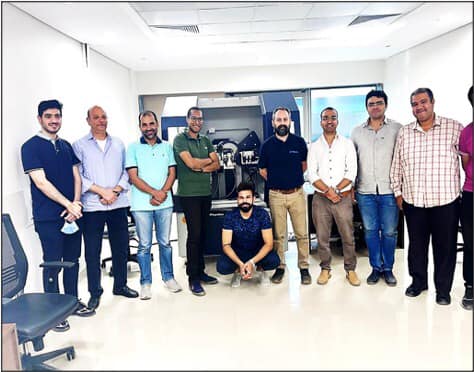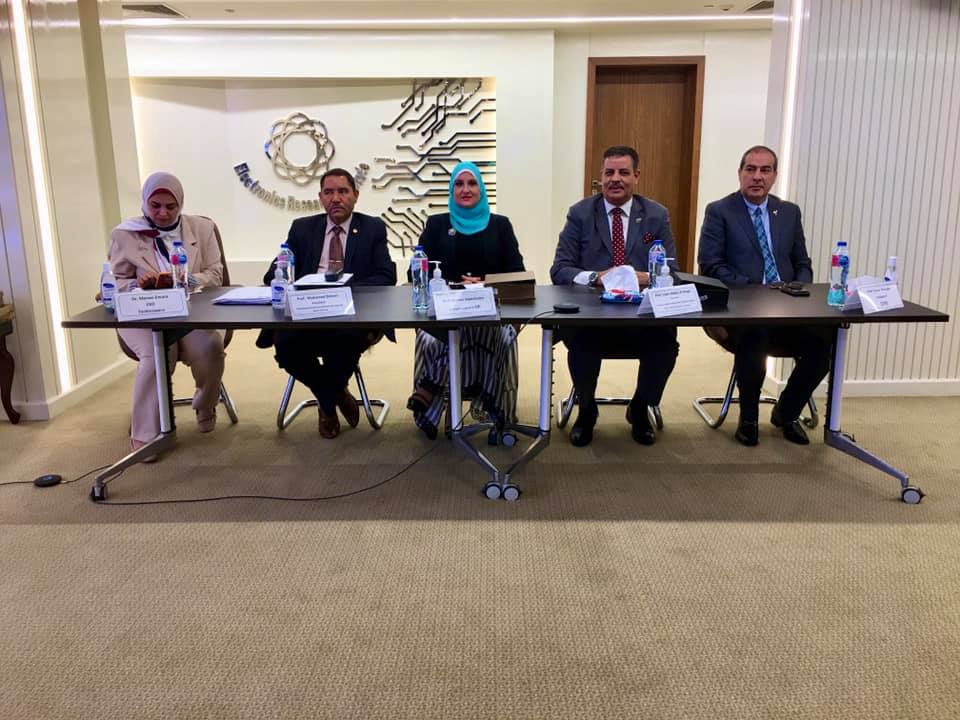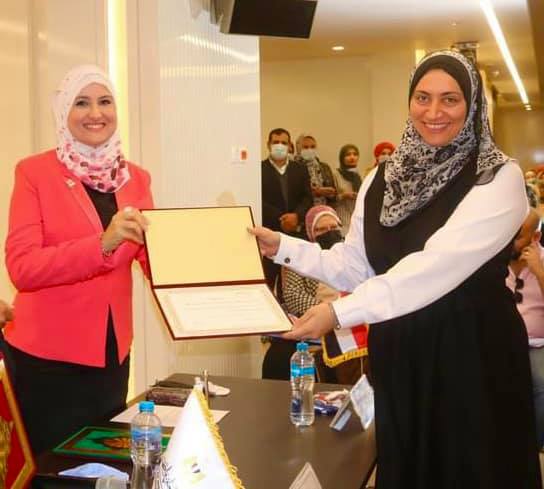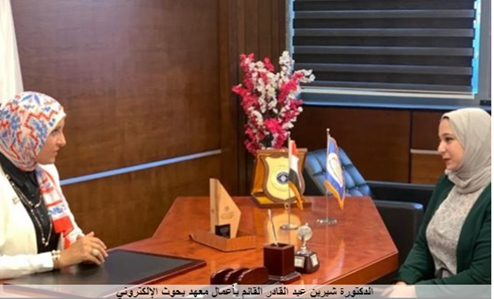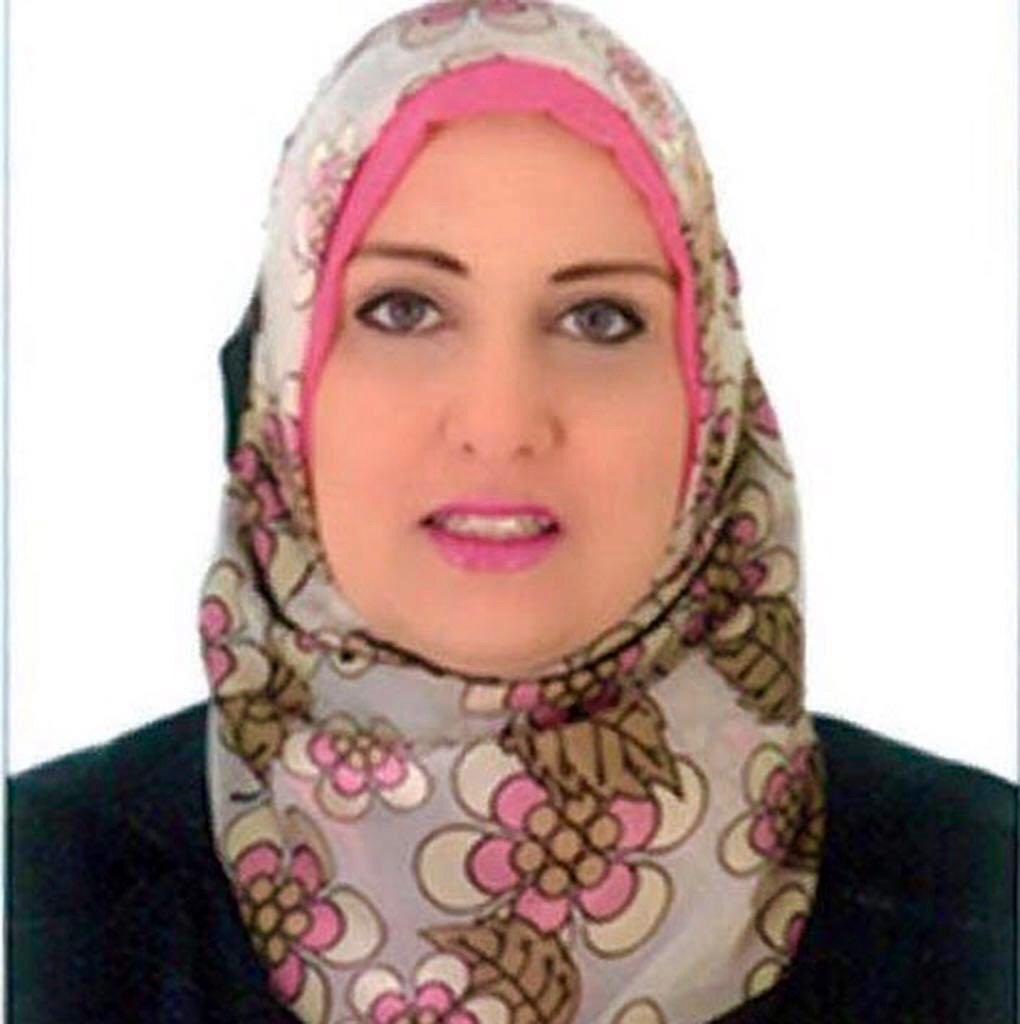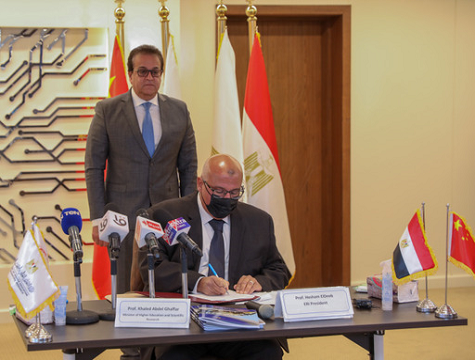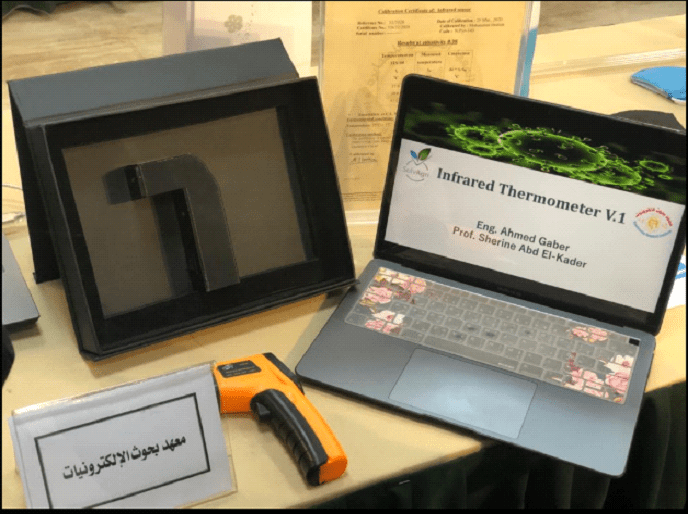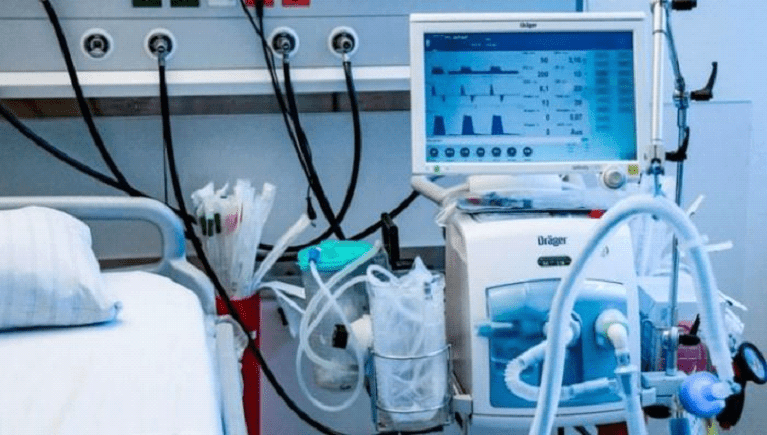

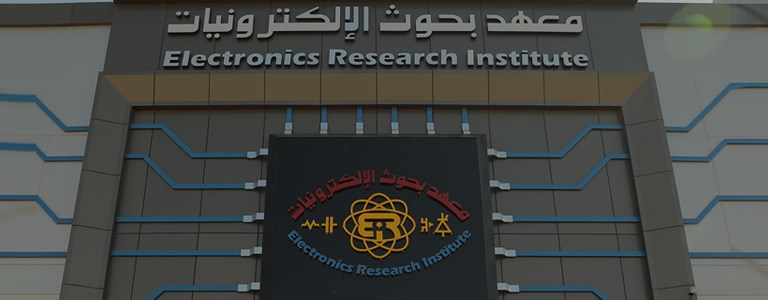
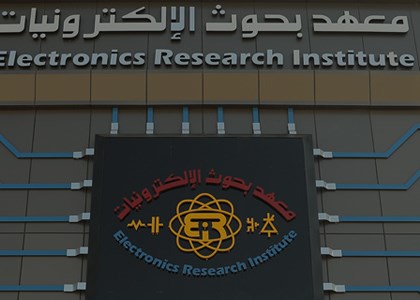
Signing contracts for ten applied research projects
Dr. Ayman Ashour, Minister of Higher Education and Scientific Research, stressed the importance of linking the academic and research community with the industrial sectors to confront the challenges facing economic growth, in order to achieve the state’s sustainable development goals (Egypt Vision 2030), explaining that there is a close connection between the state’s needs in the economic regions and scientific research, pointing out the importance of Supporting the industry and transforming research ideas into economically profitable products, and the importance of continuing applied research to localize the industry and increase the local component.
In this context, the Electronics Research Institute, headed by Dr. Sherine Abdel Qader Muharram celebrated the signing of contracts for ten research projects directed to serve various sectors, within the framework of the second session of Fast Track Projects.
Dr. Sherine Abdel Qader pointed out that the signing of the contracts came in light of the Institute’s keenness to pay attention to scientific research applications in the sectors of industry, health, energy, and other fields, as well as motivating members of the Institute’s research staff to present internal research projects that have a tangible output that can be marketed and benefited from in various fields.
The head of the Electronics Research Institute explained that these projects are characterized by the fact that their implementation period does not exceed a maximum of one and a half years, and they have applications in several strategic axes, such as industry, health, and agriculture, to serve societal challenges.
Dr. indicated. Sherine Abdel Qader pointed out that the second session of fast-track projects was announced in October 2022, and 13 proposals for internal projects were submitted, and initial arbitration for these projects took place over several meetings of the Projects Committee, in addition to organizing a workshop over 3 days to present visual presentations to Committee by the principal investigator for each project; To display the project proposal, its purpose, and the entities benefiting from the project outcomes.The Institute’s Projects Committee reviewed the submitted proposals and reviewed them with the project’s principal researchers to arrive at the optimal model for each project. The submitted projects were arranged according to their importance, until the number of submitted projects reached 10 projects, namely: the “Facade Cleaning Robot” project, whose principal researcher is Dr. Mahmoud Salem, “Hybrid Laboratory Water Distillation Device” project by researcher Dr. Amir Yassin, “Thin Film Manufacturing of Solar Cells” project by researcher Dr. Doaa Attia, “Developing Smart Gloves” project by researcher Dr. Doaa Musa, “Low Energy Glass” project by researcher Dr. Ashraf Kamal, “Design and Build an Electric Car Battery Charger” project by researcher Dr. Majed Najeeb, “Smart Artificial Arm” project by researcher Dr. Ayat Nada, “Smart Active Prosthetic Ankle” project by researcher Dr. Muhammad Ibrahim, “Building a Prototype of a Sensor Cloud” project by researcher Dr. Anar Sayed, “Designing an Application for Smart Diagnosis of Genetic Diseases” by researcher Dr. Fayrouz Farouk.It is worth noting that accepted research projects are co-operated by an internal work team of members of the institute’s research staff, in addition to external work teams that include an elite group of researchers and scientists from various universities and research centers across the country, including, for example, the faculties of engineering at the universities of Cairo and Ain Shams. Technological Delta, Menoufia, Beni Suef, the German University, the Arab Academy for Science, Technology and Maritime Transport, the National Research Center, in addition to a number of experts in the field of industry and technology.






